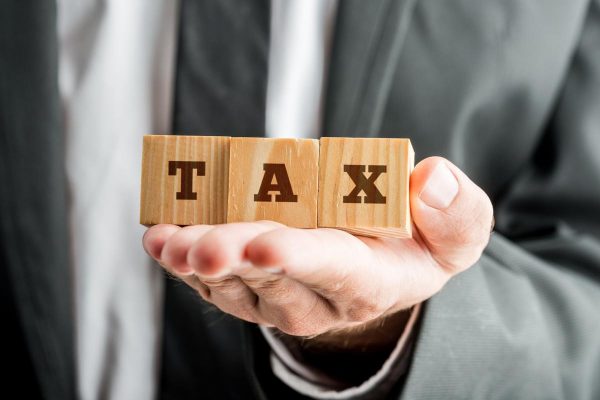Every year, you only have 60 days after the start of the new year to make contributions to your RRSP for the previous tax year, so if you are still eligible to contribute to your RRSP, you should determine whether it makes sense for you to do so. (Note that the very last day you can contribute to your RRSP is December 31st of the year you turn 71.) Important factors you should consider when determining whether or how much to contribute to your RRSP include:
- Your current tax bracket
- Your contribution room
- The value of your RRSP currently
- Your expected annual retirement income
Another important decision is determining when to start collecting Canada Pension Plan (CPP). You can start collecting CPP from age 60 or you can delay in until age 70. If you collect it earlier, the annual amount you will receive will be lower than if you were to wait. In 2012, there were
some changes made to CPP. One of the important ones to note is that even if you are currently collecting CPP, you are still required to pay CPP if you are younger than 65. Once you turn 65, if you are still working, you can choose to opt out of paying CPP but you have to file a document
with your employer and the Canada Revenue Agency (CRA). Important factors you should consider in deciding when to collect CPP include:
- Your current tax bracket
- Your expected annual retirement income
- How long you expect to live
- If you require the income now or later
- Your current annual pensionable income
To make tax time easier and ensure you report all your income properly, track all of your various sources of income (employment income, interest income from savings accounts, dividend income from investments held, income from mutual funds, income from investment partnerships, rental income, income from the sale of investments and properties and more). The Canada Revenue Agency has computer systems that are able to match the income you report on your return with your income slips such as T4s (employment income), T5s (interest and dividend income), T3s
(mutual fund income) and so on. If the CRA finds income that you did not report, you could be charged a penalty. Be sure to track of all the slips that will be coming in over the next couple of months and include them on your tax return.
For help determining whether to make an RRSP contribution this year, start collecting CPP, to develop a document to track your income slips or for assistance with your taxes, please contact Angus Shuttleworth, Chartered Professional Accountant at 289-337-0497 or visit our website at www.shuttleworthca.com
Angus Shuttleworth CPA Professional Corporation.

